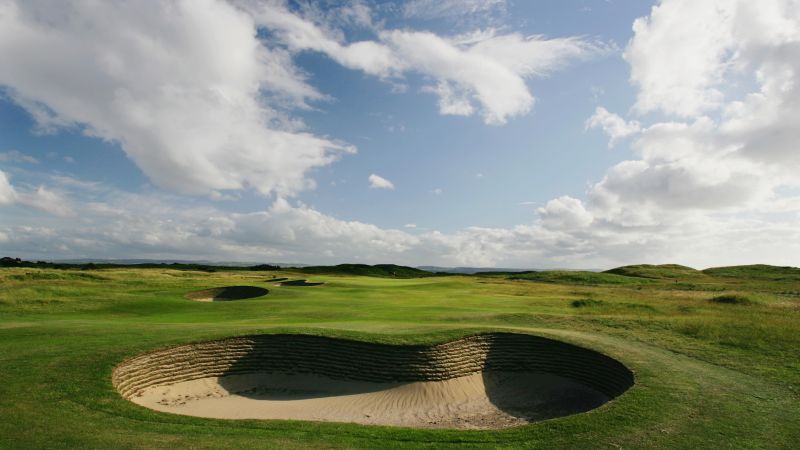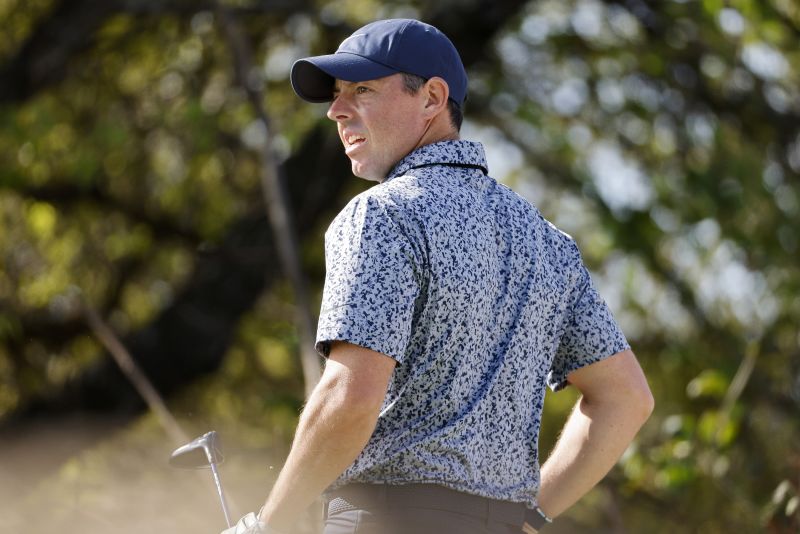The opinions expressed in this article are those of the author and do not represent in any way the editorial position of Euronews.
After the official approval of Georgia’s candidacy by EU leaders this month, full EU membership hinges on Georgia’s future foreign policy decisions, political unity, and holding fair and free elections in 2024, Ekaterine Zalenski writes.
On 18 October, Georgia’s ruling party, Georgian Dream, failed to impeach President Salome Zourabichvili.
This impeachment procedure was initiated in response to Zourabichvili’s unauthorised meetings with European leaders, advocating for Georgia’s EU candidacy.
The Constitutional Court of Georgia ruled that these meetings violated the constitution, prompting a parliamentary impeachment vote. However, only 86 lawmakers voted in favour of impeachment, falling short of the required 100 votes.
These months of tension between the ruling party and the President reflect broader societal divisions in Georgia concerning the nation’s Euro-Atlantic prospects.
Recent opinion polls by the International Republic Institute in Georgia reveal strong support for EU and NATO membership, with 89% and 80% of participants expressing support, respectively.
However, the government’s actions indicate a different position, raising questions about the divergence between official decisions and public desires.
Should a shift away be of concern?
Over the past two decades, Russia has maintained its use of soft power and efforts to counter Western influence in Georgia.
Despite the 2008 Russo-Georgian war, which resulted in the occupation of 20% of Georgian territories and significant political and economic damage, Georgia had uninterruptedly been on a pro-Western path.
However, following Russia’s invasion of Ukraine, there has been a notable shift in Georgia’s governmental stance.
With Russia’s significant military presence in the country, and the recent explicit warning from former Russian President Dmitry Medvedev regarding the potential formal annexation of Georgia’s Russian-occupied regions, Abkhazia and South Ossetia, the imperative to prioritise territorial security and embrace democratic opportunities offered by Euro-Atlantic integration should become more compelling.
This approach should take precedence over aligning with more pro-Russian political interests.
‘Foreign agent’ bill and pointing the finger at Ukraine
While the government insists on its commitment to EU and NATO accession, as enshrined in Georgia’s constitution, emphasising pro-Western activities, voting records on UN resolutions, and efforts, which have now paid off, of meeting EU recommendations, a closer evaluation reveals an overall lack of tangible commitment to a genuinely pro-European trajectory.
Most notably, during a period of Western sanctions on Russia, the Georgian government abstained, asserting that it aimed to prevent exacerbating tensions and potential Russian aggression within the nation.
Georgian Dream supported the resumption of Georgia-Russia flights, endorsed Vladimir Putin’s visa changes for Georgians, and introduced the controversial “foreign agent” bill, sparking societal unrest.
Furthermore, Georgian Prime Minister Irakli Garibashvili attributed Russia’s invasion of Ukraine to the country’s NATO aspirations and even accused the European Parliament of attempting to involve Georgia in the conflict.
Additionally, the government used systematic propaganda, akin to Russia’s tactics, painting liberal principles associated with Euro-Atlantic integration as a derogatory term and linking it to eroding traditional values.
EU green light in the shadow of domestic trouble
Although Zourabichvili was not impeached, the process significantly constrained her capacity to engage in future foreign diplomatic visits and inflicted substantial damage on her credibility.
Nevertheless, the president’s prior efforts have now gained significance with the European Commission recommending granting Georgia candidate status.
Despite this momentous development, the repercussions of the impeachment process extend beyond the immediate context, and the caveat in the European Commission’s decision must be acknowledged.
After the official approval of Georgia’s candidacy by EU leaders this month, full EU membership hinges on Georgia’s future foreign policy decisions, political unity, and holding fair and free elections in 2024.
Consequently, the Georgian Dream’s actions will continue to mould the nation’s future trajectory.
Ultimately, the advantages of Georgia officially receiving candidacy status outweigh the advantages of not doing so. A rejection would undoubtedly have had profound effects at both societal and political levels.
Candidate status could counter substantial threats
Zourabichvili’s unwavering commitment to fostering close ties with Western institutions, coupled with her vocal criticisms of Russia and Putin, aligned with the pro-European and anti-Russian sentiments expressed by the population throughout recent protests.
A rejection would have impacted this pro-European sentiment and potentially augmented Russia’s political leverage and influence in Georgia. This still presents a substantial threat that warrants careful international consideration.
The influx of Russian settlers and businesses into the country, facilitated by the ruling party’s open-door policy, also raises security concerns; the Russian notion of “Compatriots Abroad” has previously been exploited by Russia to advance its foreign policy objectives through military means in both Georgia and Ukraine.
In the larger geopolitical context, the upcoming construction of a Russian naval base in Abkhazia further raises security concerns for the entire region.
However, granting Georgia EU candidate status constitutes an act of validation and reward for the government despite its democratic regression, and one might question whether this potentially undermines the credibility of the EU’s enlargement policy.
Ultimately, EU candidate status is extended to the people and their aspirations must not be disregarded.
Optimistic anticipations remain that candidate status may positively influence the government’s future decisions and that the 2024 elections will foster a transformative shift in the country’s political trajectory.
Ekaterine Zalenski is Research Analyst at London Politica, focusing on European political affairs with an emphasis on Eastern Europe.
At Euronews, we believe all views matter. Contact us at [email protected] to send pitches or submissions and be part of the conversation.
Source link
#Georgian #Dream #fully #embrace #Georgias #EuroAtlantic #aspirations






























